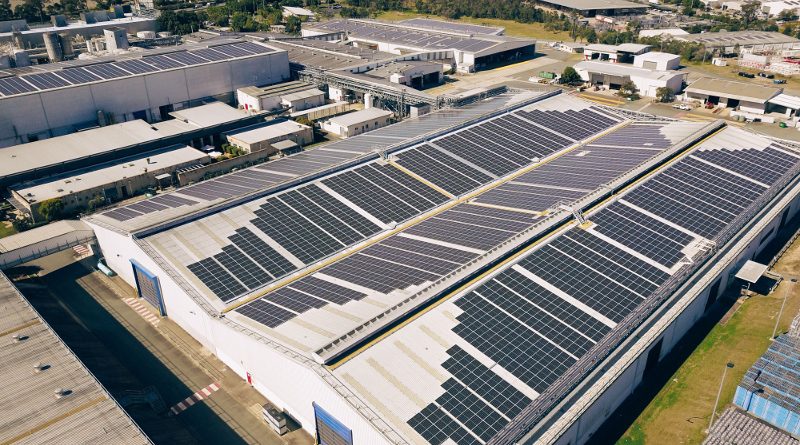Asahi Beverages’ new sustainability agenda
Asahi Beverages has unveiled a new sustainability agenda, with the intention to create a more sustainable future for Australia and New Zealand. The agenda introduces new targets while incorporating previously announced ones. The agenda covers climate change, sustainable packaging and the circular economy, supporting local farmers and much more.
The full list of targets is here and includes:
- Source 100% of our purchased electricity from renewable sources by 2025;
- Zero waste to landfill at Asahi Beverages manufacturing sites or warehouses by 2030;
- Reduce scope 3 CO2 emissions by 30% by 2030 and to net zero carbon emissions by 2050;
- Packaging 100% recyclable, reusable or compostable by 2025 – transition to 100% eco-friendly materials for PET bottles by 2030. Eco friendly means either compostable, bio based or 100% recycled content.
Asahi Beverages employs more than 3,500 people across 26 manufacturing and corporate sites in Australia and New Zealand, with employees directly engaged in helping guide how the business achieves its targets through internal “think tanks”. The company states that it already taken an industry-leading sustainability position, including
- Installing the largest solar project at any Australian brewery in Queensland, helping to achieve the target to source all electricity from renewable sources by 2025;
- Starting beer deliveries via electric truck with Linfox, helping to achieve the target of reducing carbon emissions along the supply chain by 30% by 2030;
- Forming a JV to build a PET recycling plant in Albury, NSW that will process the equivalent of around 1 billion plastic bottles and be Australia’s largest when it officially opens in coming months. This will help to achieve the target of developing partnerships to collect and repurpose more plastic for recycling by 2025.
- Cool Ridge water now made with 100% recycled PET;
- Purchasing 90% of the barley direct from Aussie farmers to better support them financially and encourage sustainable growing practices. This will help to achieve the target of supporting farms to drive best practice land, environment & quality management.
Photo: Solar project at Australia’s largest brewery at Yatala, Queensland

